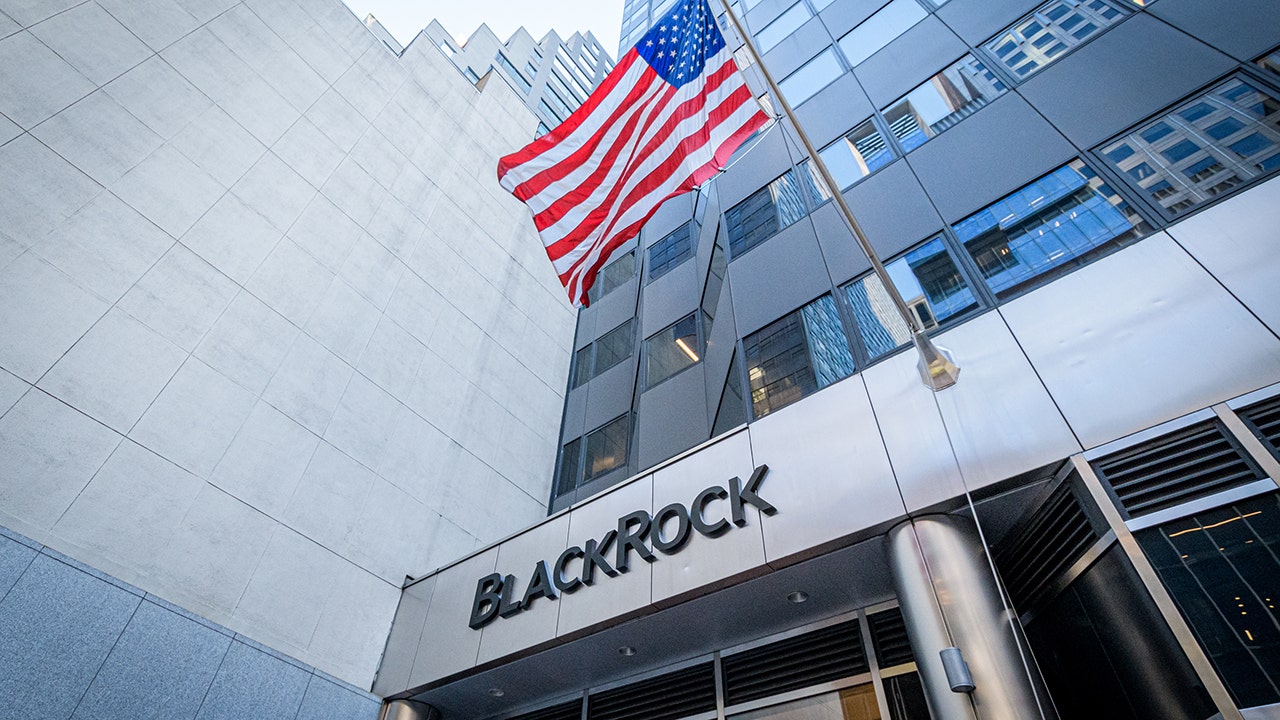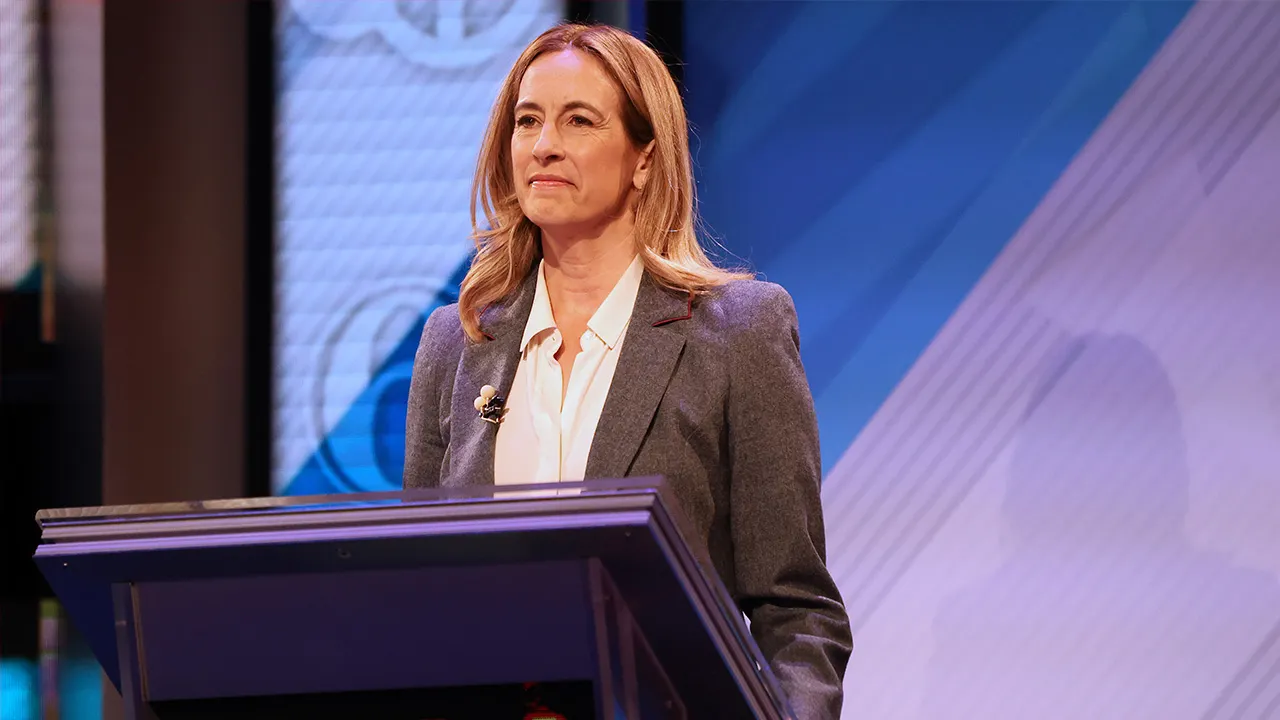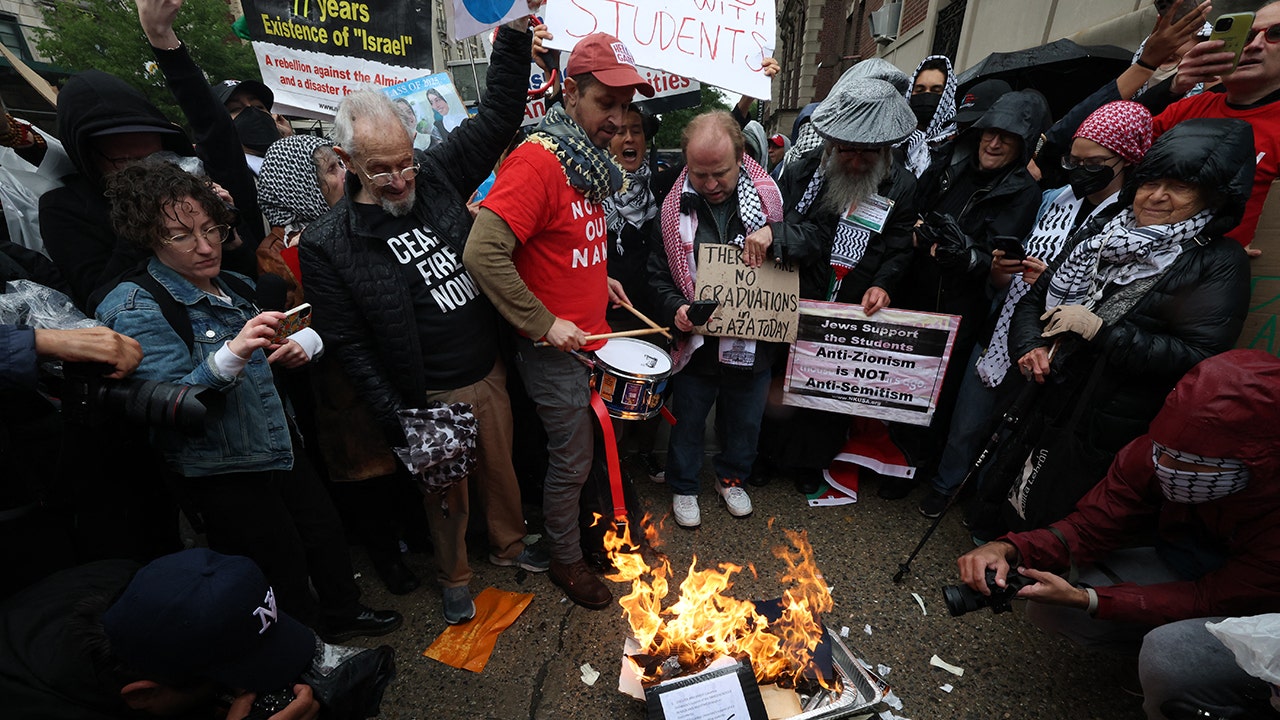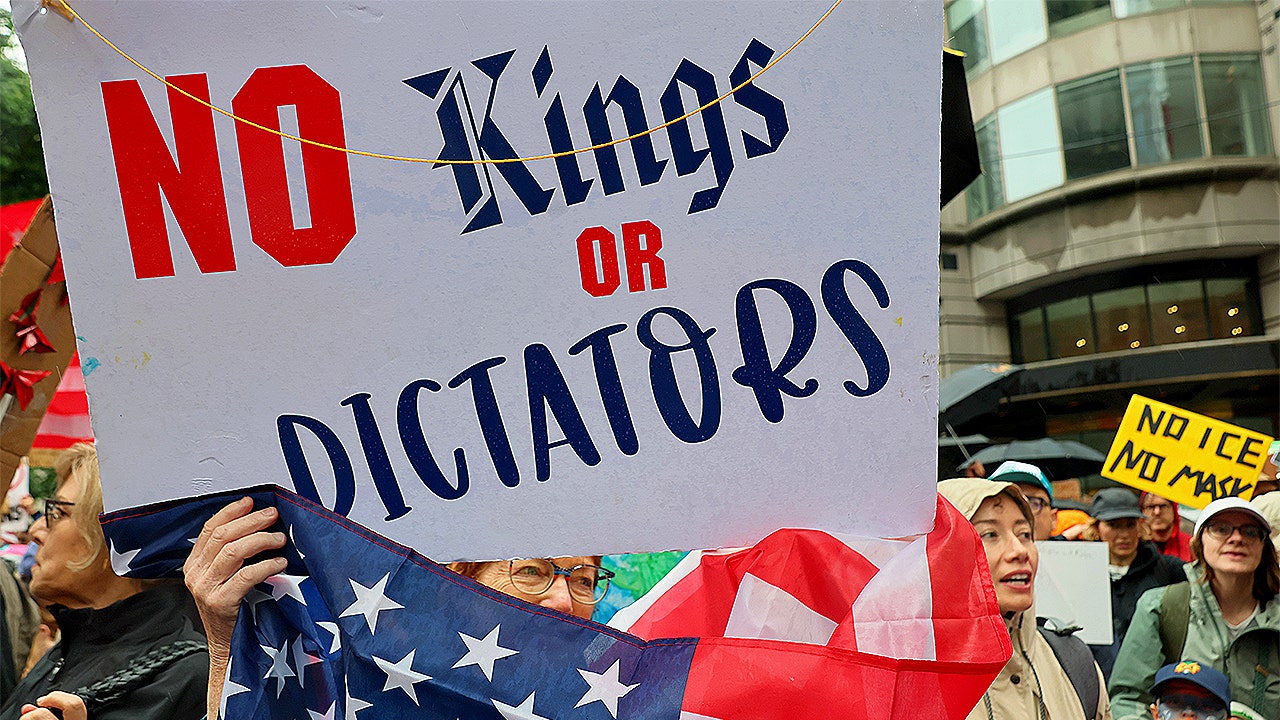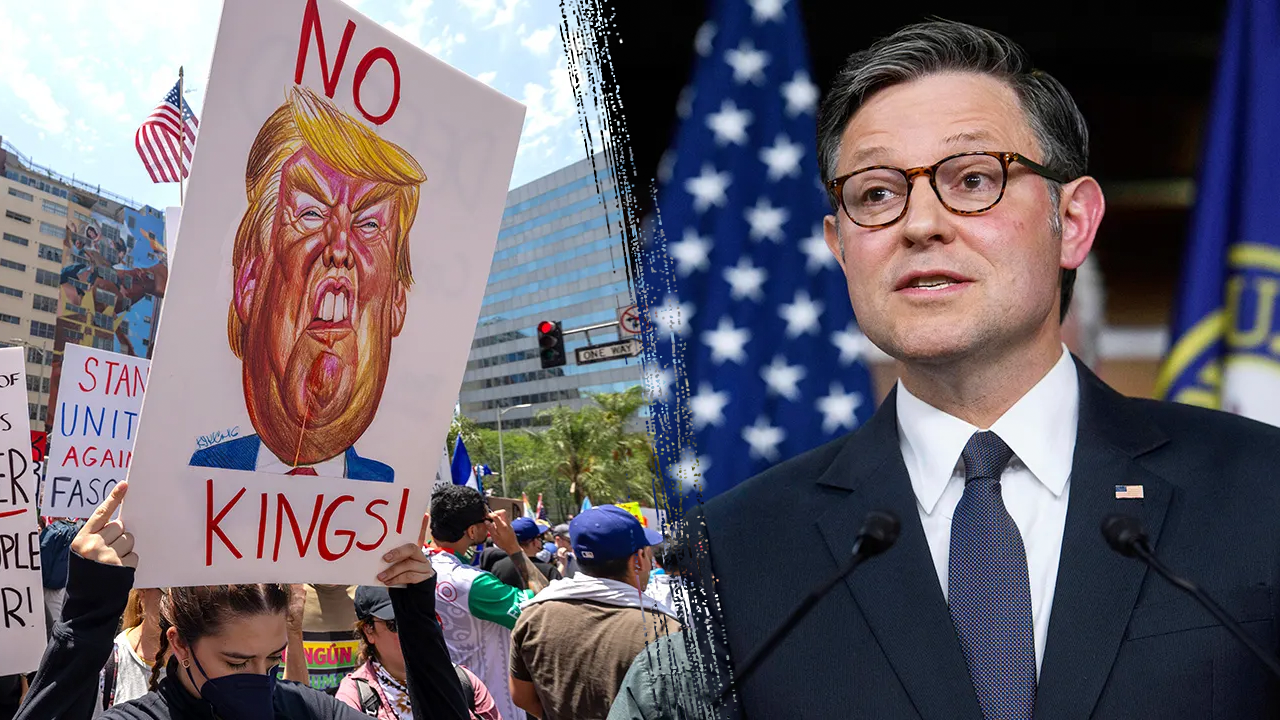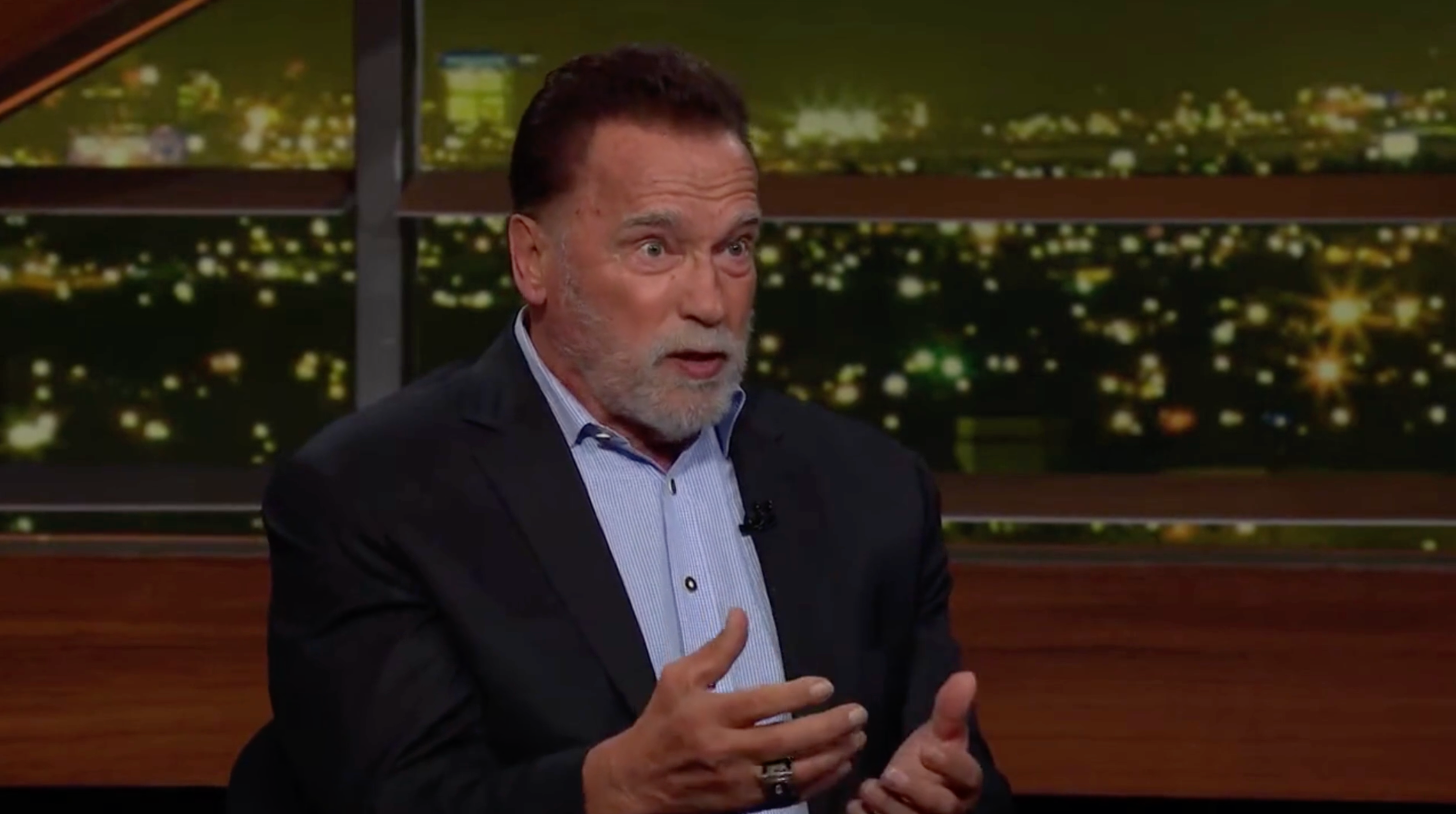NEW DELHI—As he showed in the Knesset this week, Donald Trump is making a serious bid to become a historically consequential figure, not just for upending American politics, but also for furthering world peace. A recent trip to India revealed the peace campaign creates some problems for Trump in the region, but also important opportunities.
Indians largely celebrated the peace deal for Gaza. They too have suffered grievously from terrorism over the past several decades, and sympathy for Israel has grown accordingly. The old parliament building still bears scars from a jihadist attack in 2001, and other Indian cities, such as Mumbai, have been rocked by massive bombings and mass shootings. Indians increasingly realize their country, Israel, and the United States face a common foe, and they applaud defeats inflicted on that enemy.
Trump’s economic pressure campaign on Russia has been tougher to swallow. Since independence, India has tried to steer clear of entanglement with any great power, but the 1971 pact with the Soviet Union bore many similarities to an alliance. It also locked New Delhi into certain long-term propositions, like weapons co-production, that are harder to unwind.
More significantly, India dreads the prospect of facing a united China and Russia, and is trying hard to separate the two. It fears pressure will drive Moscow further into China’s arms rather than to the negotiating table.
The real bone of contention between New Delhi and Washington about Russia, however, has been the recent tariff over Russian oil purchases. After Vladimir Putin effectively shut down negotiations to end the war he started, India got caught in the crossfire. Trump announced in August a 25-percent tariff on India for purchasing Russian oil. This week, Prime Minister Narendra Modi agreed to pause those purchases until the war ends, and Trump lifted the tariff.
The tariff itself has been resolved, but the way it was imposed rankles Indians. They told me the Biden administration asked India to buy Russian oil below a negotiated price cap and thus stabilize energy markets, and they feel whipsawed by the sudden American change. They do not understand, moreover, why other purchasers, such as China, escaped tariffs.
They also find the recent warming between Washington and Islamabad disturbing. In April, terrorists murdered 26 civilians vacationing in Kashmir, and New Delhi aimed to punish its neighbor for enabling terrorism. Shooting wars between nuclear-armed countries make Americans nervous though, and as India bombed Pakistan in early May, the Trump administration rushed to eke out a ceasefire.
Trump’s claim that he stopped the conflict dismays Indians. In their view, American diplomatic efforts produced little more than a new sense of confidence in Pakistan. They also fear Trump is propping up their enemy as it grows closer to China. As I heard many times, Indians think the conflict showed who their real friends are, and they are not sure the United States is one of them.
These problems are serious but surmountable. Trump’s approach to foreign policy often rubs America’s allies and partners the wrong way, but he nevertheless produces important results. People familiar with the thinking of the Indian government told me that a statement from President Trump condemning terrorism against everyone, including India, would go a long way to addressing Indian concerns about May’s events.
India can also play an important role in Trump’s global peace offensive. New Delhi, which imports energy from the Gulf and has millions of citizens working there, wants peace and stability in the Middle East just as much as Washington does. The two countries can capitalize on the momentum generated by the summit at Sharm El Sheikh.
Other opportunities lie closer. The ongoing civil war in Burma is already a serious national security threat for India: Many of the ethnic groups fighting the central government roam along their shared border, and weapons and people stream back and forth. China plays all sides in the conflict adroitly, and a significant Chinese presence there would introduce a new range of threats in the Indian Ocean. India would constantly have to contend with those threats, and if a conflict breaks out near Taiwan, American reinforcements streaming eastward from the Atlantic and Mediterranean could come under fire long before they reach the main battle.
Burma has faced almost continuous war since gaining independence, and a final settlement may remain out of reach, but improving the situation would be a humanitarian triumph and advance American and Indian interests.
Successive American administrations have bet on India’s potential to play an important role in global affairs. As India’s economy expands and its strength increases, its ability to influence events abroad grows commensurately. If handled correctly, this early spat could mark the beginning of a new and even more promising stage in the relationship.
Read the full article here
